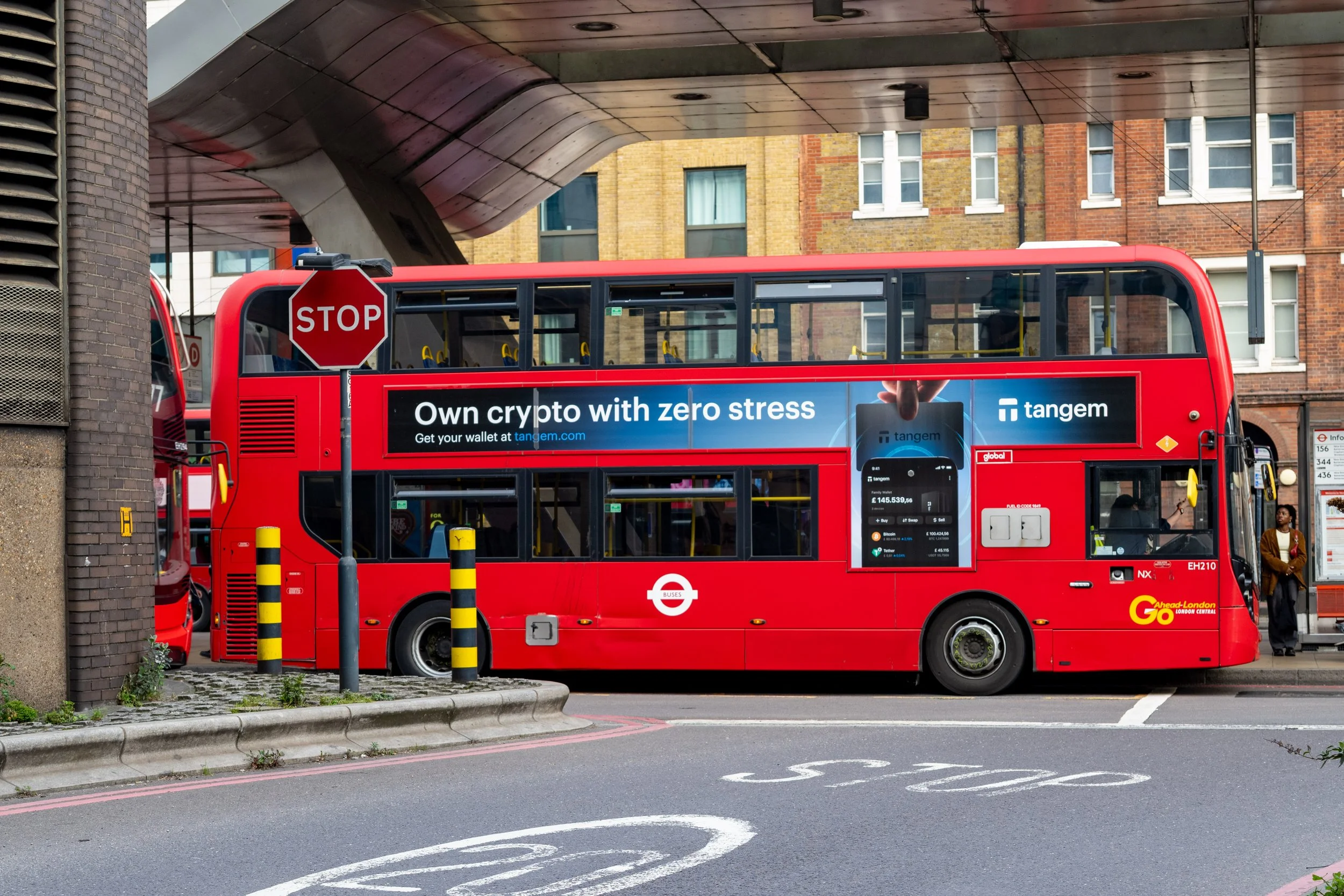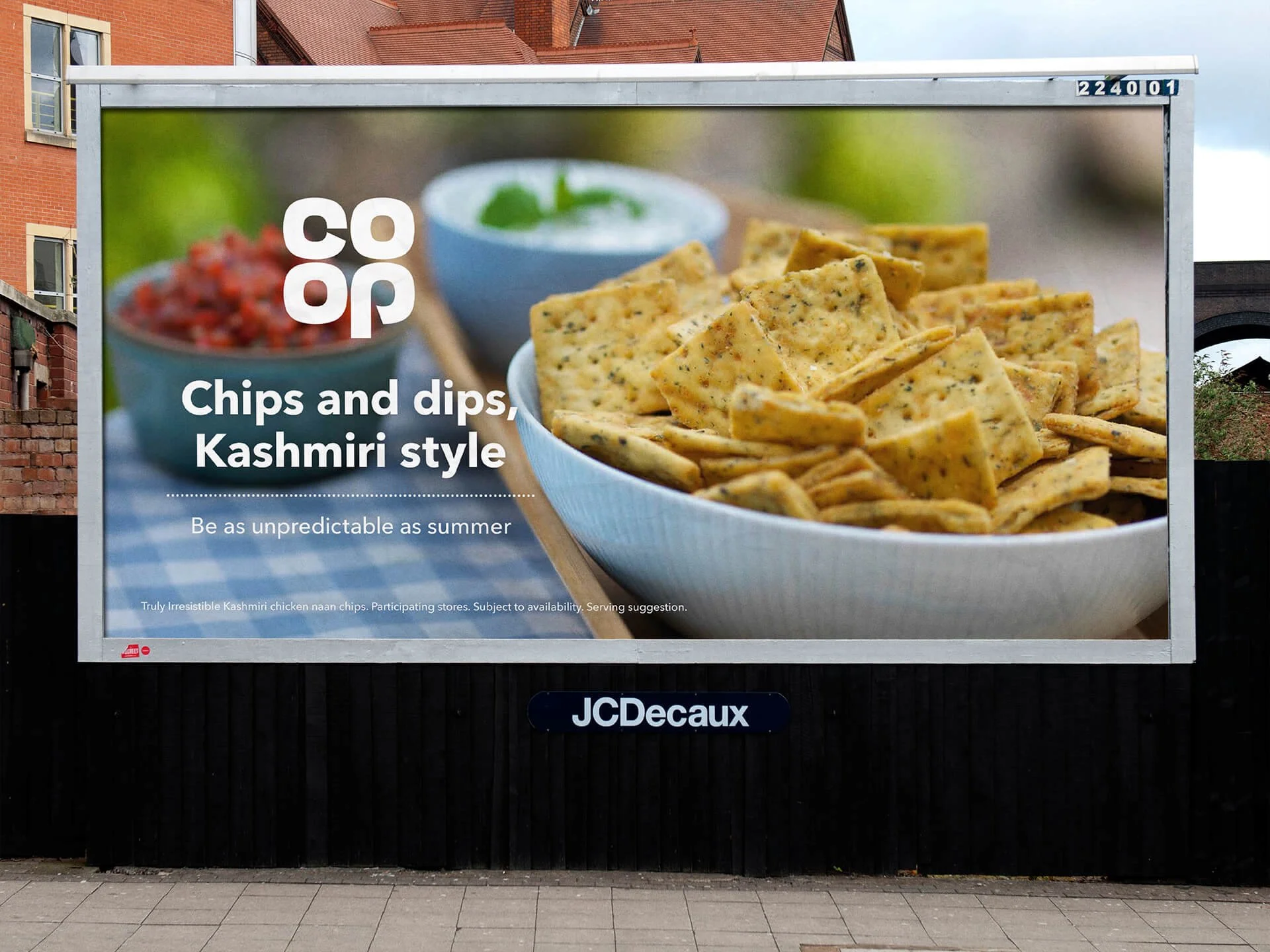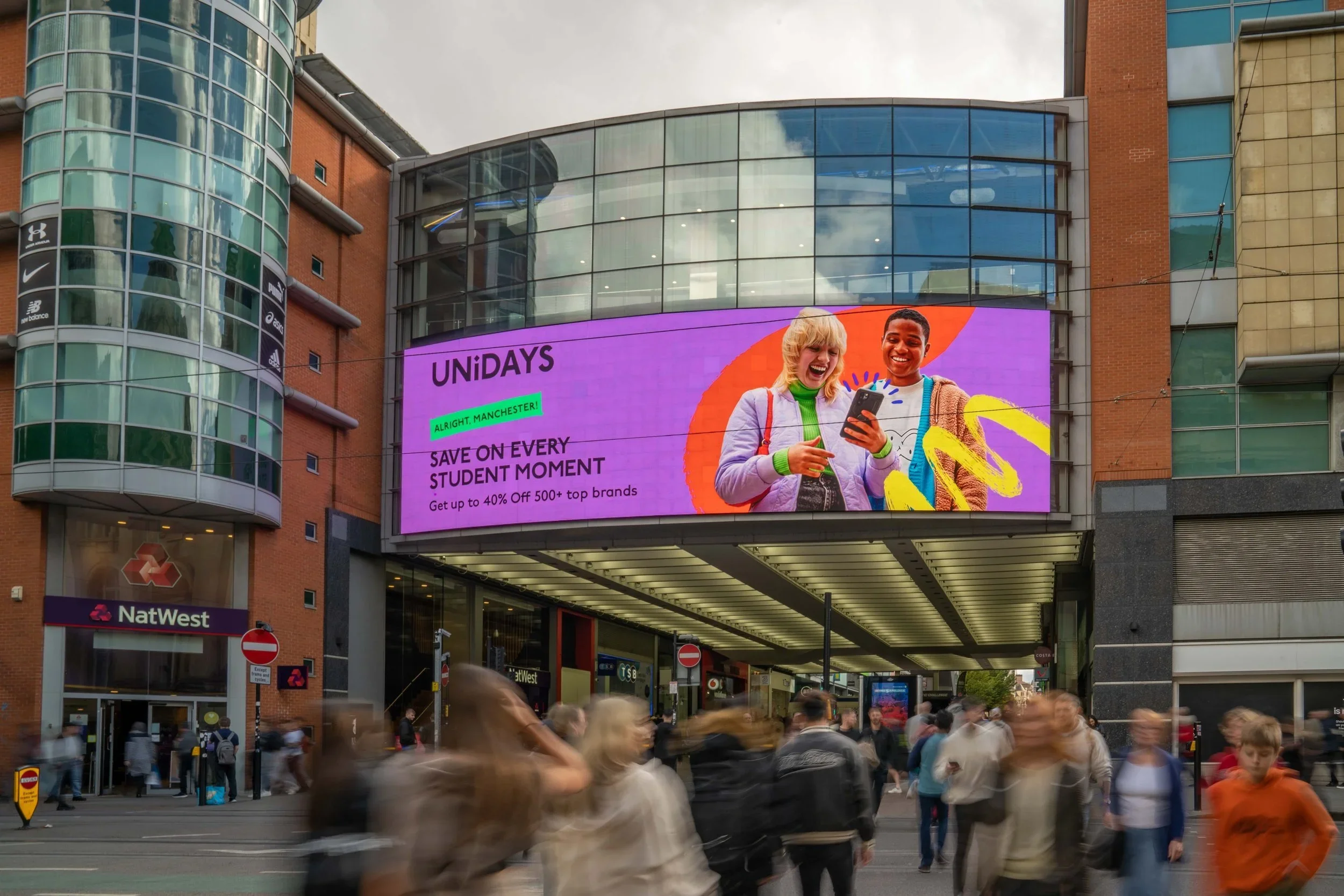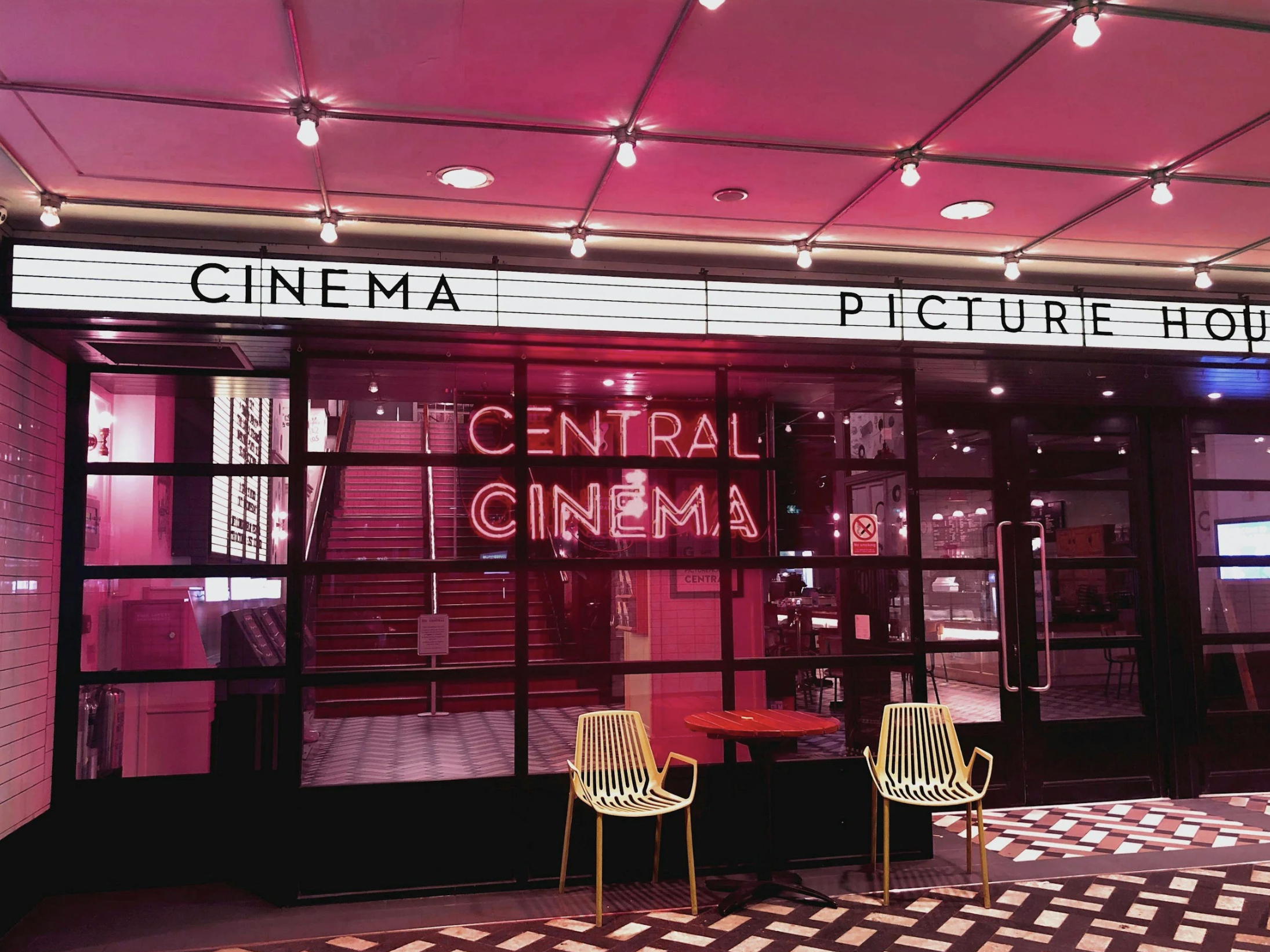5 Stats About Out Of Home Advertising
5 Stats About Out Of Home Advertising.
Key Takeaways
UK OOH revenue reached around £1.4 billion in 2024 and 98 % of the population sees OOH ads weekly, underscoring its broad reach.
46 % of consumers search for a brand and 26 % visit its website after seeing an OOH ad, and using classic and digital formats together increases effectiveness.
Digital OOH now accounts for two‑thirds of OOH spend, delivering high engagement and mobile interaction; its unskippable presence boosts awareness and footfall.
5 Must-Know Stats About OOH Advertising in the UK (2025 Edition)
Out-of-home advertising (OOH) continues to prove its worth in an increasingly digital world. From bustling high streets and train stations to roadside billboards and airports, OOH delivers real-world brand impact at scale. Here are five key facts about OOH advertising in the UK that every marketer should know in 2024:
1. OOH Advertising Revenue Reached a Record £1.4 Billion in 2024
OOH in the UK is booming. After a steady post-pandemic recovery, ad spend hit an all-time high of £1.4 billion in 2024. This follows a strong performance in 2023, when revenues reached £1.3 billion, marking a 9.8% year-on-year growth. The industry has now fully bounced back to pre-2020 levels – and then some.
2. 98% of the UK Population Sees OOH Every Week
OOH is a true mass-reaching medium. Whether you're commuting, shopping, or just out and about, you're being exposed. According to Route, a staggering 98% of the UK population encounters at least one OOH ad each week – proof of its ubiquity and ability to reach audiences of all ages and backgrounds.
3. OOH Drives Real Action: 46% Search for Brands After Seeing an Ad
It’s not just about exposure – it’s about what happens next. Nearly half of consumers (46%) say they’ve searched for a brand or product online after seeing an OOH ad. That’s a powerful offline-to-online bridge, proving that posters, screens, and billboards can drive digital engagement and real-world results.
4. OOH Boosts Website Visits and Brand Recall
Roughly 1 in 4 consumers (26%) report visiting a brand’s website after seeing an OOH ad. Combined with OOH’s strong brand recall rates, this shows the format’s effectiveness at nudging people further down the purchase funnel – even without a click or tap.
5. Classic and Digital Formats Work Together
While digital is on the rise, classic OOH formats still play a major role. Poster sites, billboards, and other static formats grew 5.3% in 2023, showing steady performance. Successful campaigns often combine the lasting impact of traditional placements with the flexibility and immediacy of digital.
The Rise of DOOH: Why Digital Out-of-Home Is a Power Player
Digital Out-of-Home (DOOH) is no longer a trend – it’s the backbone of the UK’s OOH ecosystem. With dynamic formats, real-time targeting, and high-impact creative potential, DOOH is attracting more investment and delivering impressive results.
DOOH Now Accounts for 66% of All OOH Spend
In 2023, 65% of UK OOH ad spend went to digital screens – and by 2024, that climbed to 66%. From digital billboards to screens in malls, train stations, and roadside displays, advertisers are embracing DOOH for its agility and eye-catching appeal.
DOOH Campaigns See High Engagement
Consumers aren’t just noticing DOOH – they’re acting on it. Studies show that 76% of people have taken action after seeing a digital out-of-home ad, whether that’s visiting a website, heading into a store, or making a purchase. It’s a medium that prompts movement – literally and figuratively.
Mobile Uplift: +38% in Engagement
Pairing DOOH with mobile strategies creates a performance boost. People exposed to DOOH are 38% more likely to engage with a brand on mobile, making it a powerful partner in multi-channel campaigns. Whether it’s QR codes, social content, or app downloads, DOOH plays well with others.
Consumer Sentiment Is Strong
DOOH is the most positively received ad channel among consumers. 73% view digital OOH ads favourably, more than social media, TV, or online video. That means less friction, more attention, and higher trust – exactly what modern brands need.
A Word from One Day Agency
“OOH – and especially DOOH – is one of the most exciting frontiers in advertising right now. It’s bold, physical, and unskippable. Whether you’re an e-commerce brand trying to drive awareness or a bricks-and-mortar business looking to grow footfall, there’s no better format for building real-world presence. We see OOH as a brand stage – one that commands attention and drives action.”
— Klaudia, One Day Agency
Final Thoughts
OOH advertising in the UK is far from old-school – it’s modern, mobile-integrated, and massively effective. With both traditional and digital formats delivering real results, it’s one of the few channels that can blend scale, creativity, and performance in the physical world.
Whether you're launching a national campaign or geo-targeting a high street, OOH – and especially DOOH – should be firmly on your radar.












